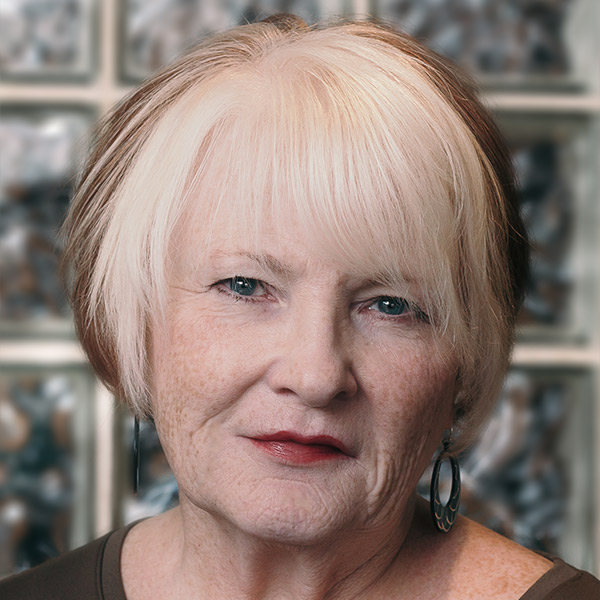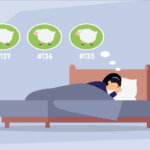Although breast cancer in young women is rare (about 7% of women diagnosed are younger than 40) more than 250,000 women under age 40 in the U.S. have been diagnosed with it.
In young women, breast cancer tends to be diagnosed in its later stages and be more aggressive. Because their breast tissue tends to be dense, there is no effective breast cancer screening tool yet for women under 40. That’s because routine mammography isn’t a useful screening tool for dense breast tissue.
A mammogram at 40 may no longer be adequate to detect breast cancer in young women.
That’s according to The American College of Radiology and the Society of Breast Imaging. These experts are recommending that women as young as 30 get a risk assessment to determine what kind of formal cancer screening they need. One example of a risk assessment is genetic screening.
The new guidelines were announced in April 2018 as a way to encourage early detection of breast cancer in young women with a higher risk for the disease.
These stats, collected by youngsurvival.org, illustrate the seriousness of breast cancer in young women:
- Breast cancer is the most common cancer in women age 15 to 39.
- 12,000 new cases are projected annually in women under age 40.
- 26,000 new cases are projected annually for women under 45.
- 1,000+ women under age 40 die each year from breast cancer.
- 80% of young women find their breast cancer themselves.
- 30% of breast cancer in young women is diagnosed a few years after childbirth.
- Evidence indicates that breast cancer before age 40 is biologically different than in older women.
- Metastatic breast cancer is apparently rising in women under age 40.
- African American women under 35 have rates of breast cancer 2 times higher than Caucasian women.
If you are young and have risk factors for breast cancer (see breast cancer statistics infographic), ask your healthcare professional for advice on screening.
Additional Sources: National Cancer Institute, American Cancer Society, NCBI, American College of Radiology, Dana-Farber Cancer Institute
More Resources
Young Survival Coalition, “Facing Breast Cancer in Young Women, Together”
Dana-Farber Cancer Institute, “Ten Things to Know About Young Women with Breast Cancer”
American College of Radiology, “New ACR and SBI Breast Cancer Screening Guidelines Call for Significant Changes to Screening Process”
NCBI, “Breast Cancer Before Age 40 Years”










